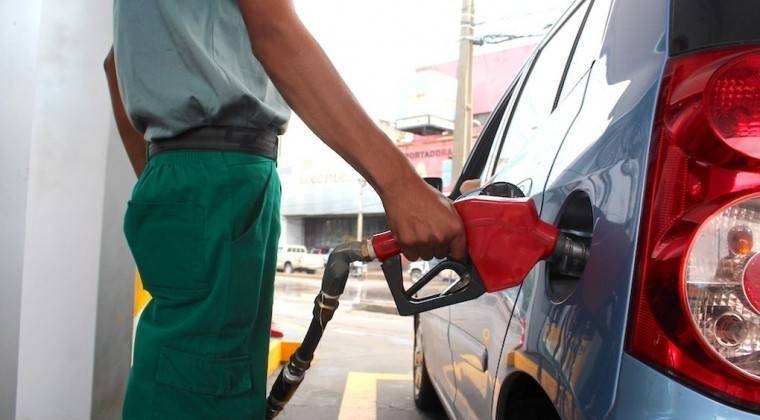In an isolated monastery in northern Greece, dozens of maskless worshipers gather to celebrate the feast of the local Orthodox dignitary, their “spiritual father”, fiercely opposed to coronavirus vaccination.
On the outskirts of the town of Milochori, 17 km from the nearest city, Father Maximos, 88, maintains that anticovid vaccines bear “the mark of the Antichrist”.
A fervent denier of the pandemic, the superior of the monastery is also the personal confessor of most of the faithful and, as such, occupies a key role in their lives, for some since childhood.
“Abbot Maximos has been in this monastery for 50 years, he is a holy man,” estimates Evangelia, a geologist who is taking part in the party. “He has been my confessor for more than 40 years and I closely follow his advice. He has put me on the path of the Lord,” she explains to AFP.
In this remote corner of northern Greece, the region most hostile to vaccination, “no one here has received the vaccine,” he adds. “Most of us have gotten sick (of covid), but we have never been afraid. What should we fear when we are in the house of God?” Asks the 60-year-old woman.
Most of the monasteries are supervised by the influential Orthodox Church of Greece, not separated from the State, very reluctant at the start of the pandemic to encourage the faithful to respect anti-coronavirus measures.
In fact, some prelates continue to refuse to be vaccinated.
Having a personal confessor is a long-standing tradition among faithful Orthodox believers in Greece and the Balkans, explains Chrysostomos Stamoulis, professor of theology at the Aristotle University of Thessaloniki.
According to an ecclesiastical source, it is estimated that there are about 1,000 official confessors among the priests and monks of Greece.
Last November, the famous Greek actor Aris Servetalis caused a scandal by abruptly abandoning his role in Ionesco’s “Rhinoceros” to protest against the ban on the presence of unvaccinated spectators in the theater.
The actor then spoke publicly of the importance of his confessor in his life, including in his decision to play a Greek saint who performed miracles on film. “Without his blessing, he wouldn’t have done it,” he said.
– Bless only the unvaccinated –
Athanassios Gikas, a priest and professor of social theology at Aristotle University, believes that the attraction to these “spiritual fathers” increases in northern Greece due to the proximity of the monastic enclave to Mount Athos, an important site of the Orthodox church.
For Chrysostomos Stamoulis, “some confessors have created fundamentalist ideologies.”
Abbé Maximos claimed to have taught his disciples to “refuse to become guinea pigs” by having himself vaccinated.
His mistrust of modern medicine is well founded, estimates an assistant to the monastery. “He was fine until he took the medication. Now he can’t walk,” he says of Father Maximos, who uses a wheelchair.
On Mount Athos, where some 1,700 monks live in some twenty monasteries, more than 40 have died from the coronavirus since the start of the pandemic.
Many strongly oppose the vaccine and try to convince visitors. “I will never bless someone who has been vaccinated,” declared the superior of a very conservative monastery in a mid-January online video.
“If it’s a democracy, why not let the people do what they want?” she asks herself, accusing the authorities of “investing in fear”.
But for some the advice proved deadly. In Thessaloniki, Nikos, 57, recounts that a couple from his neighborhood was hospitalized after refusing the vaccine on the orders of his confessor. “The woman passed away, leaving behind four children. It is the tragic consequence of the advice of the confessor,” he estimates.











